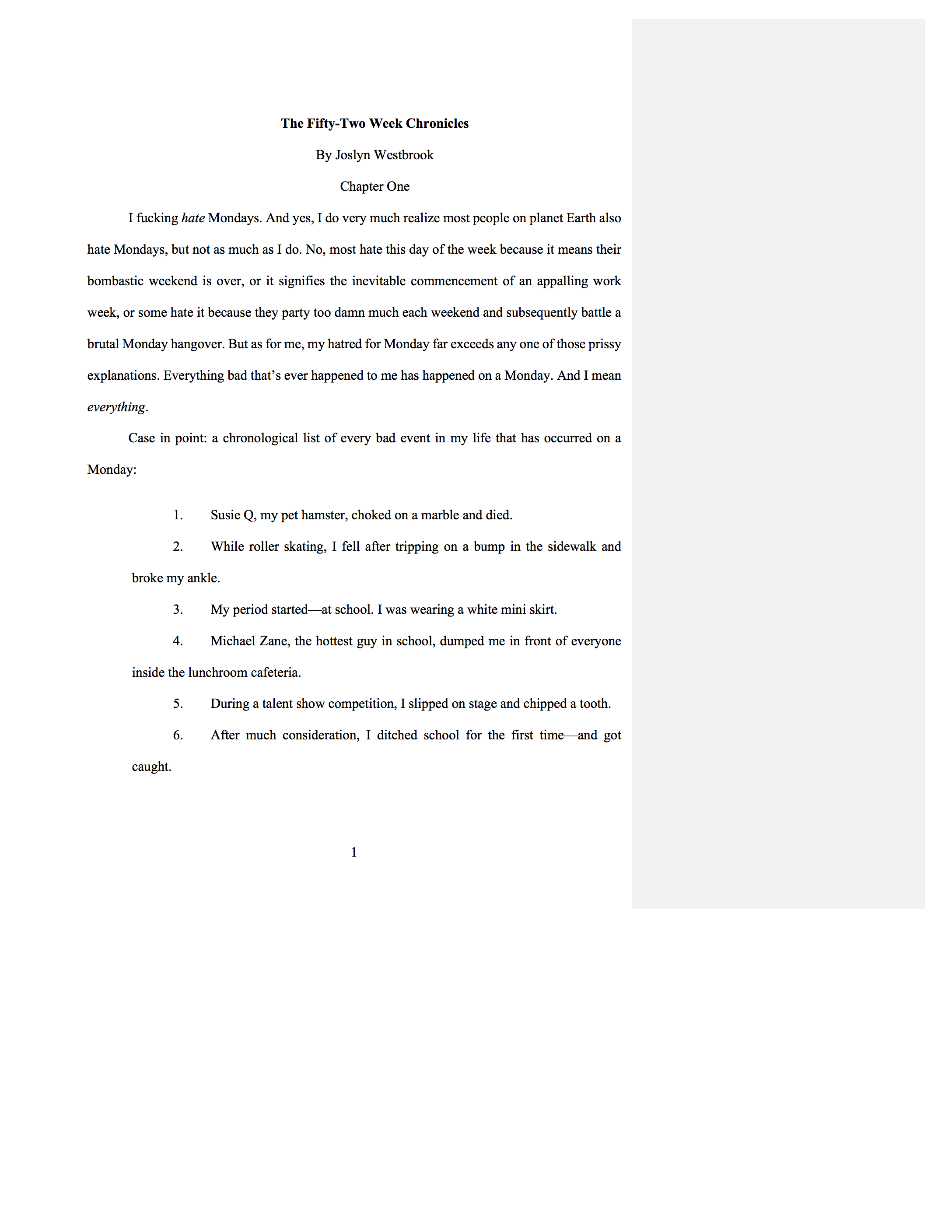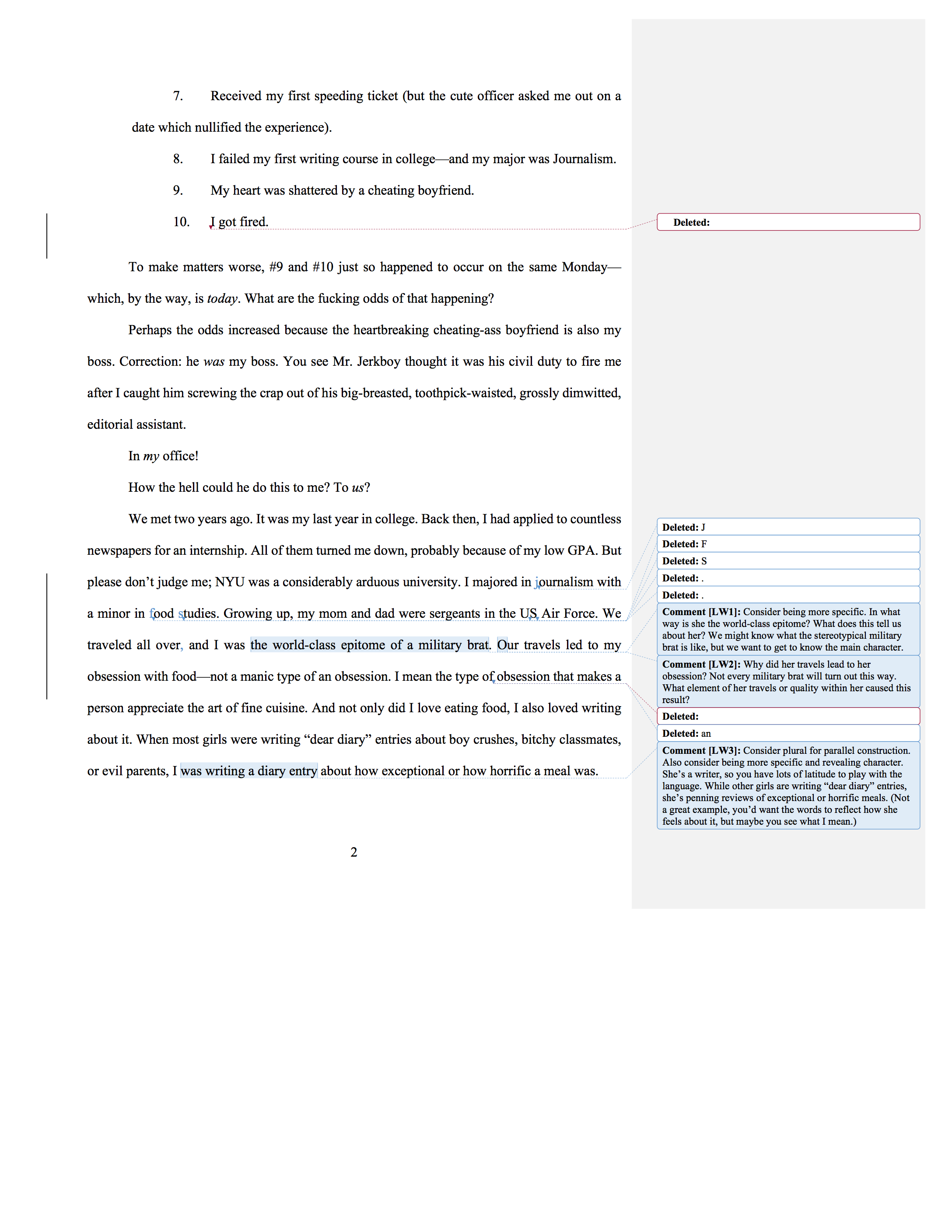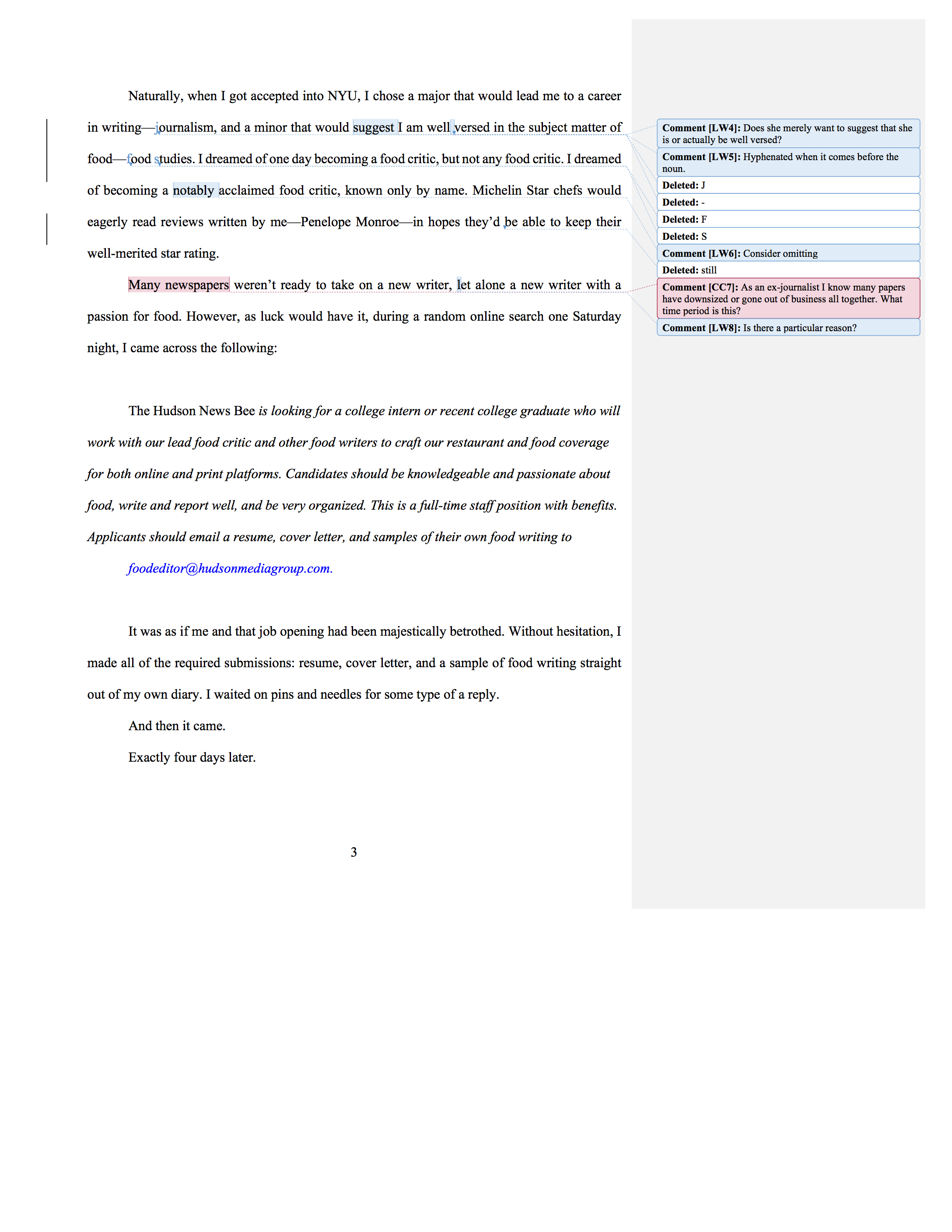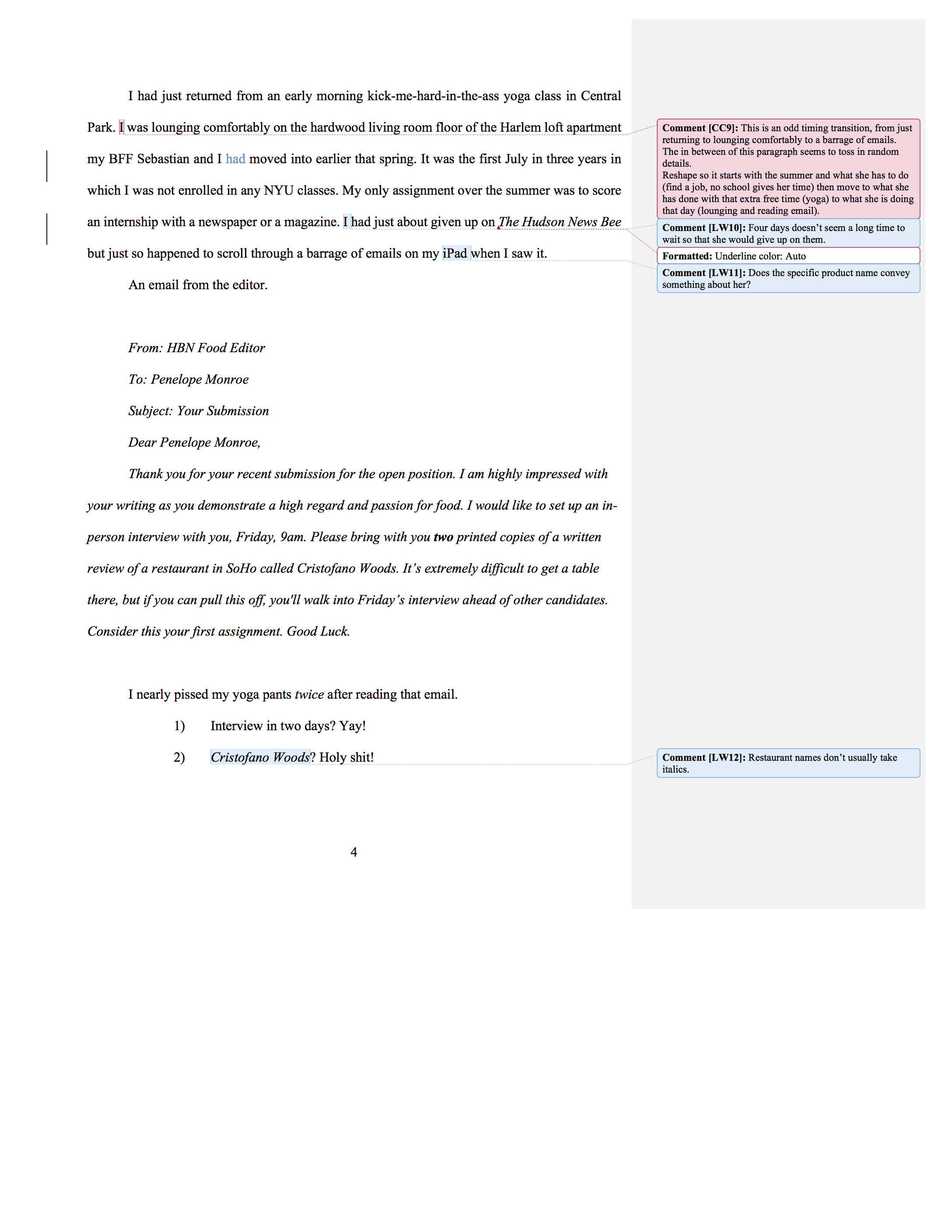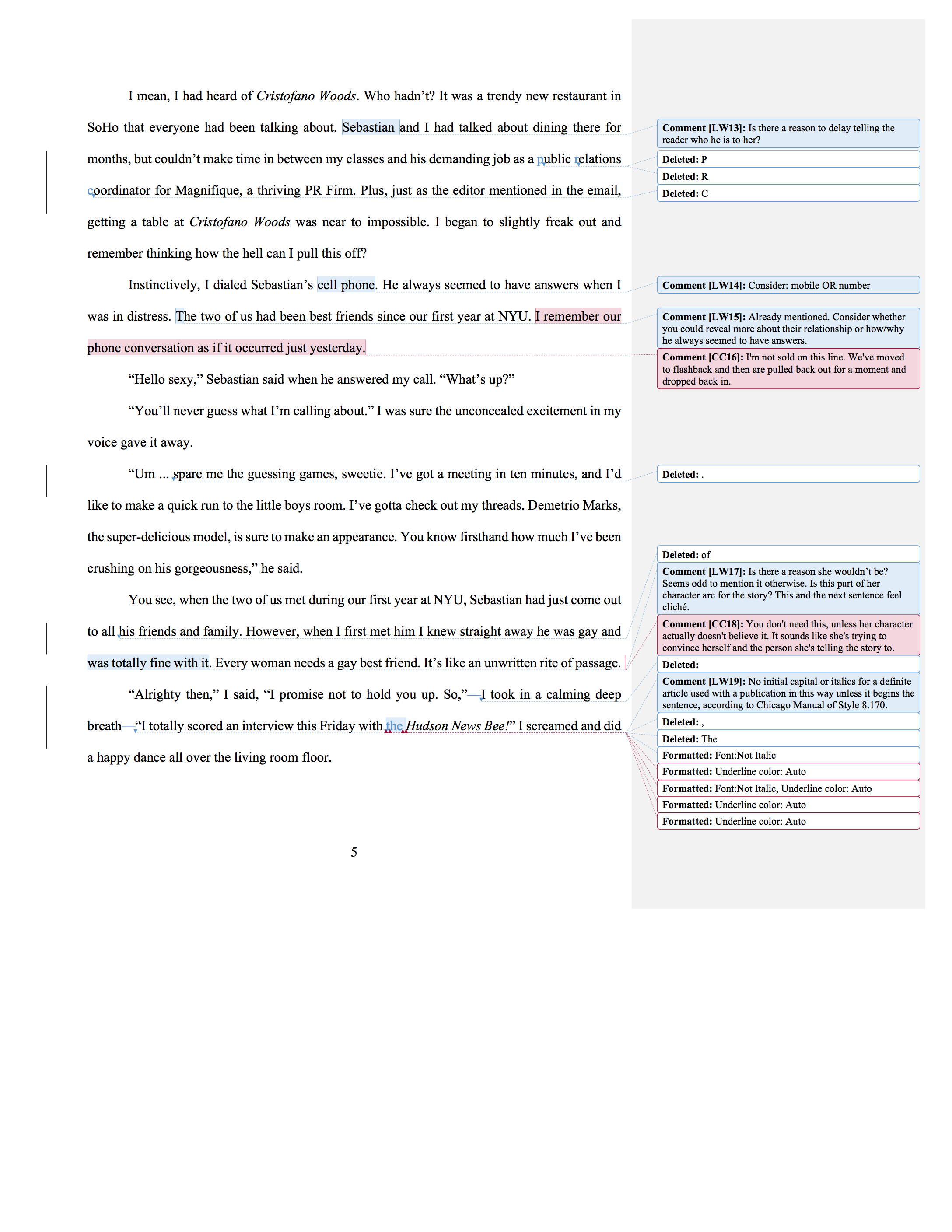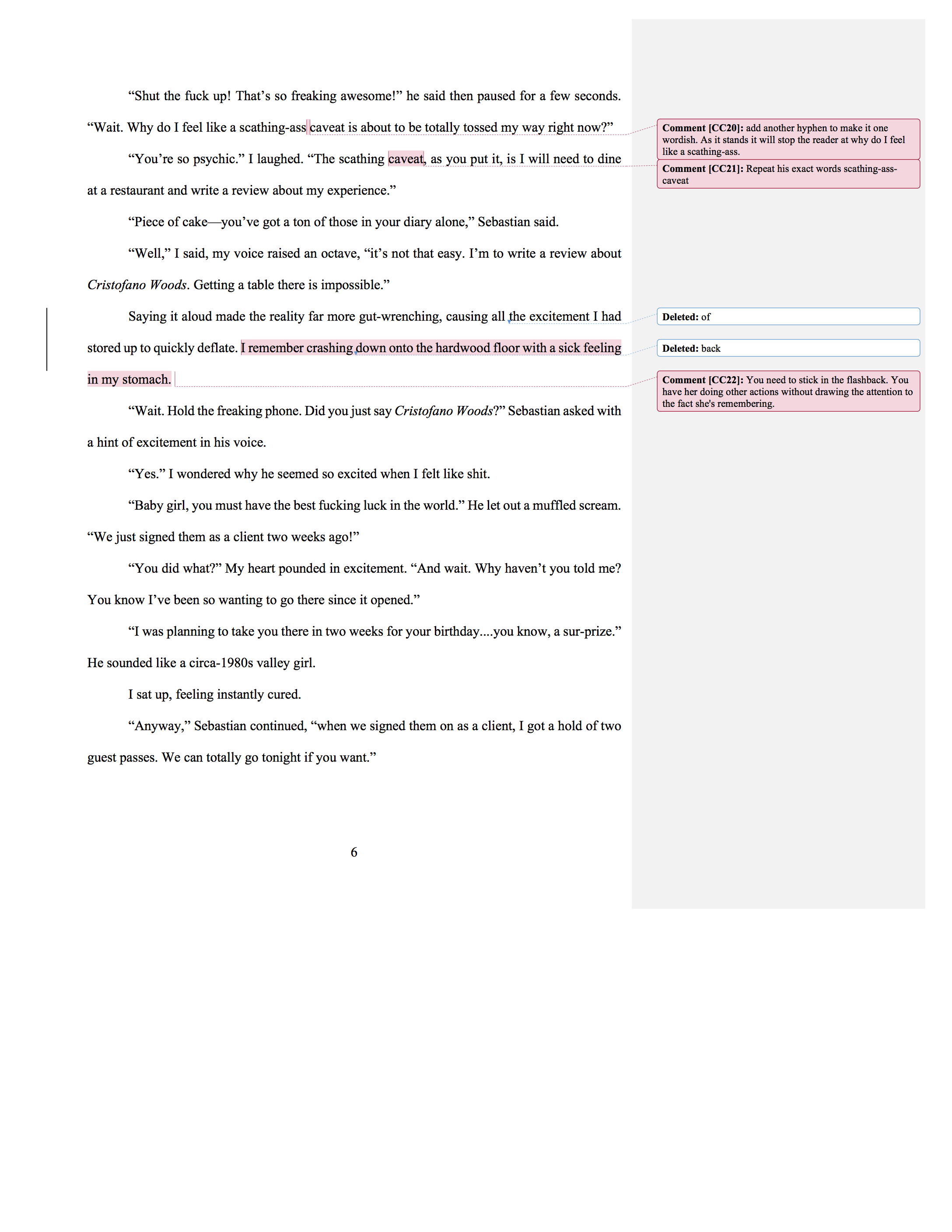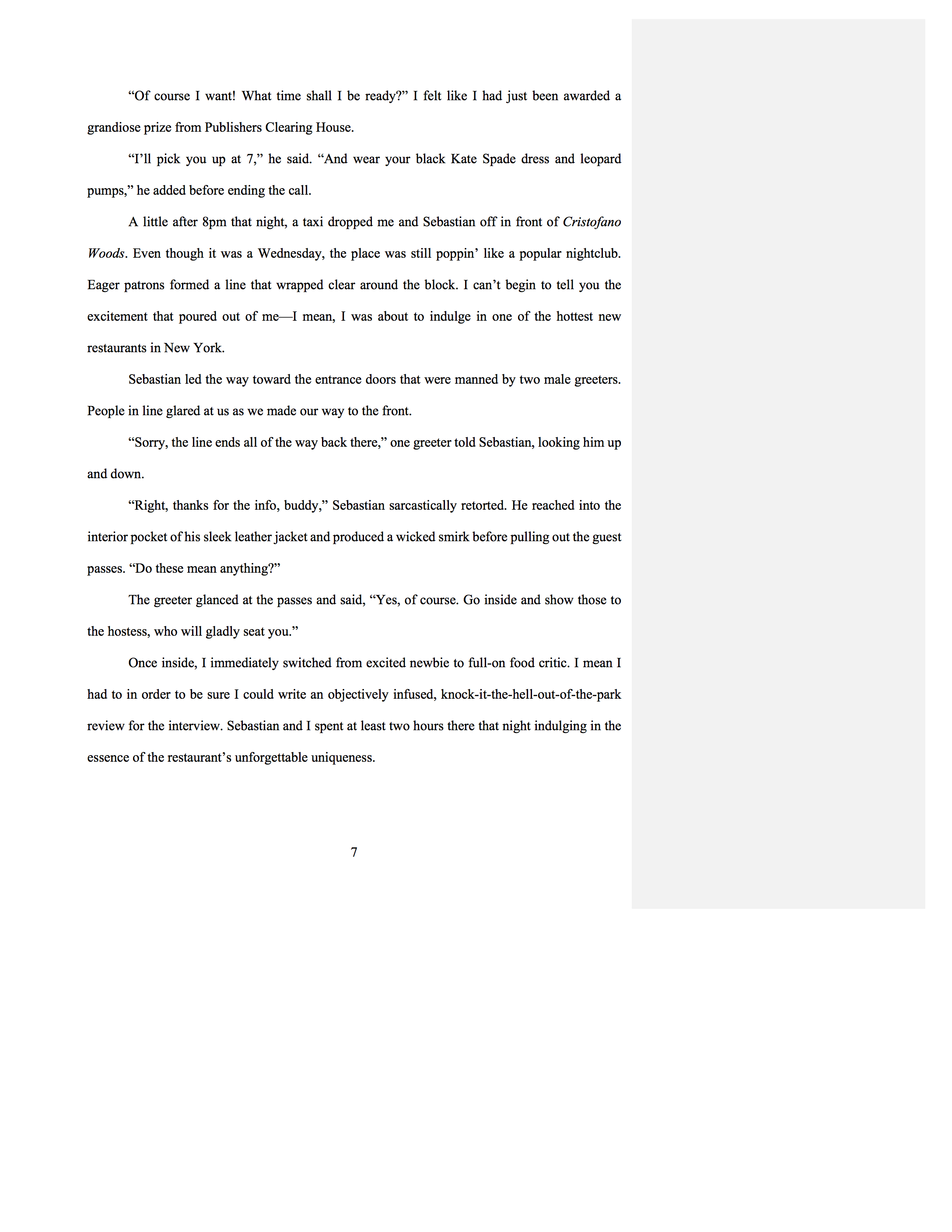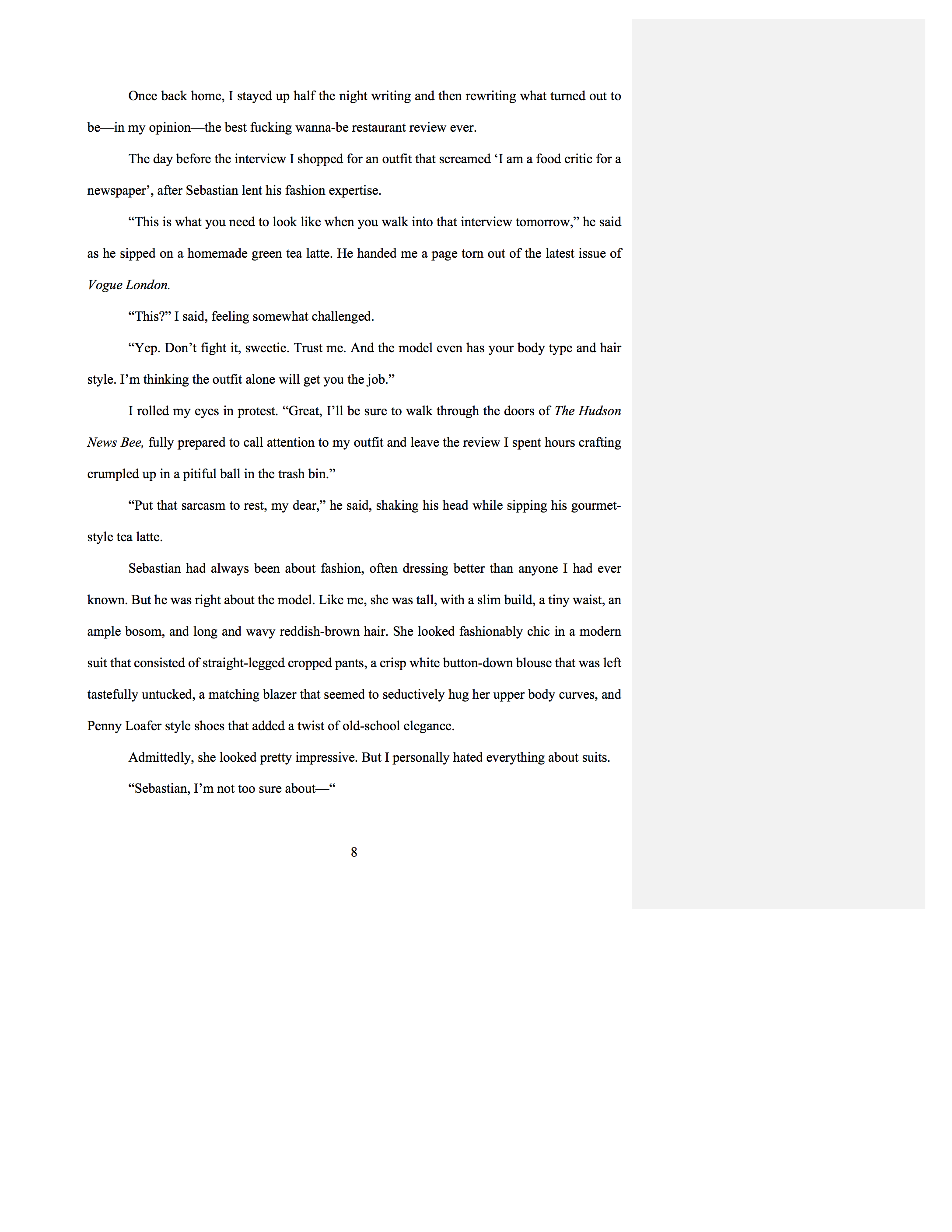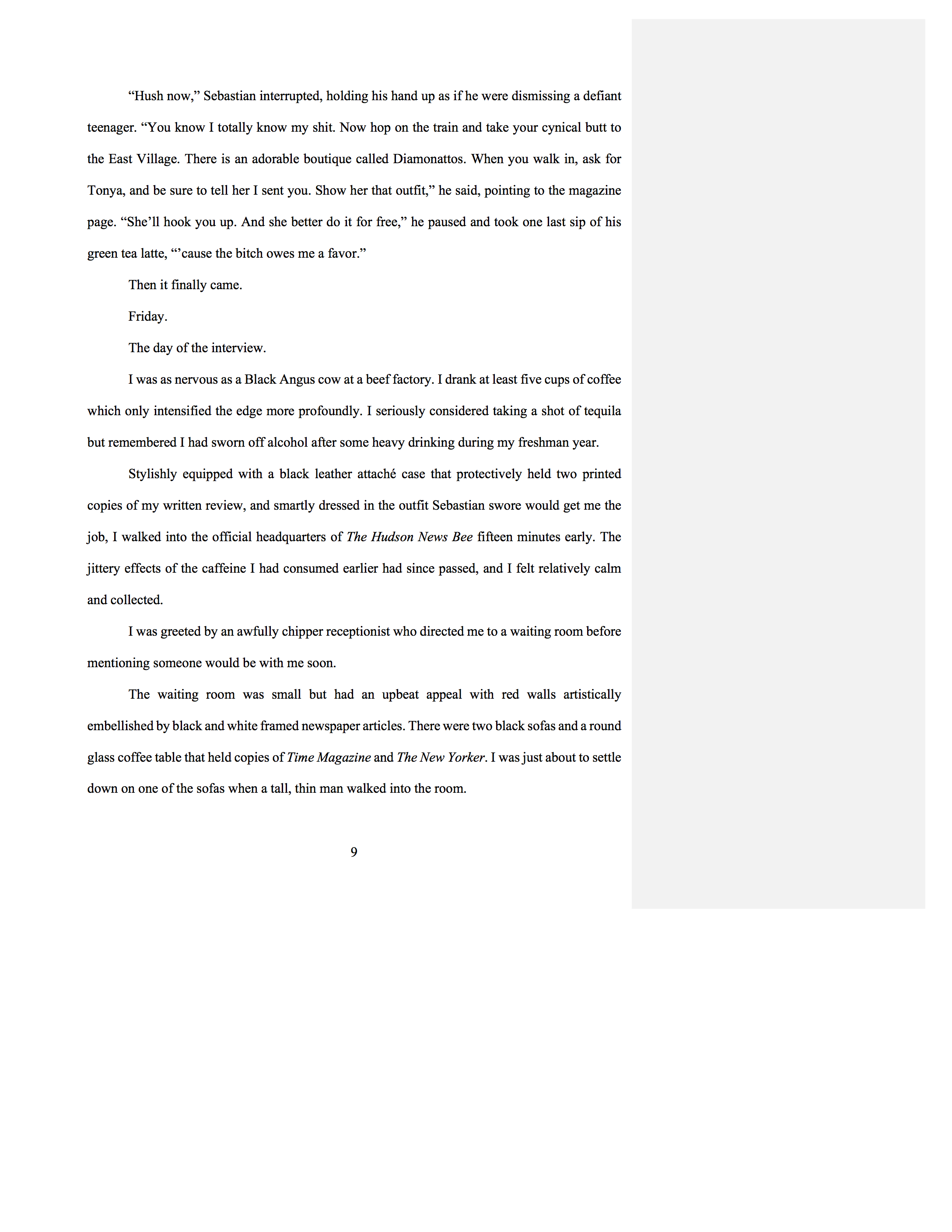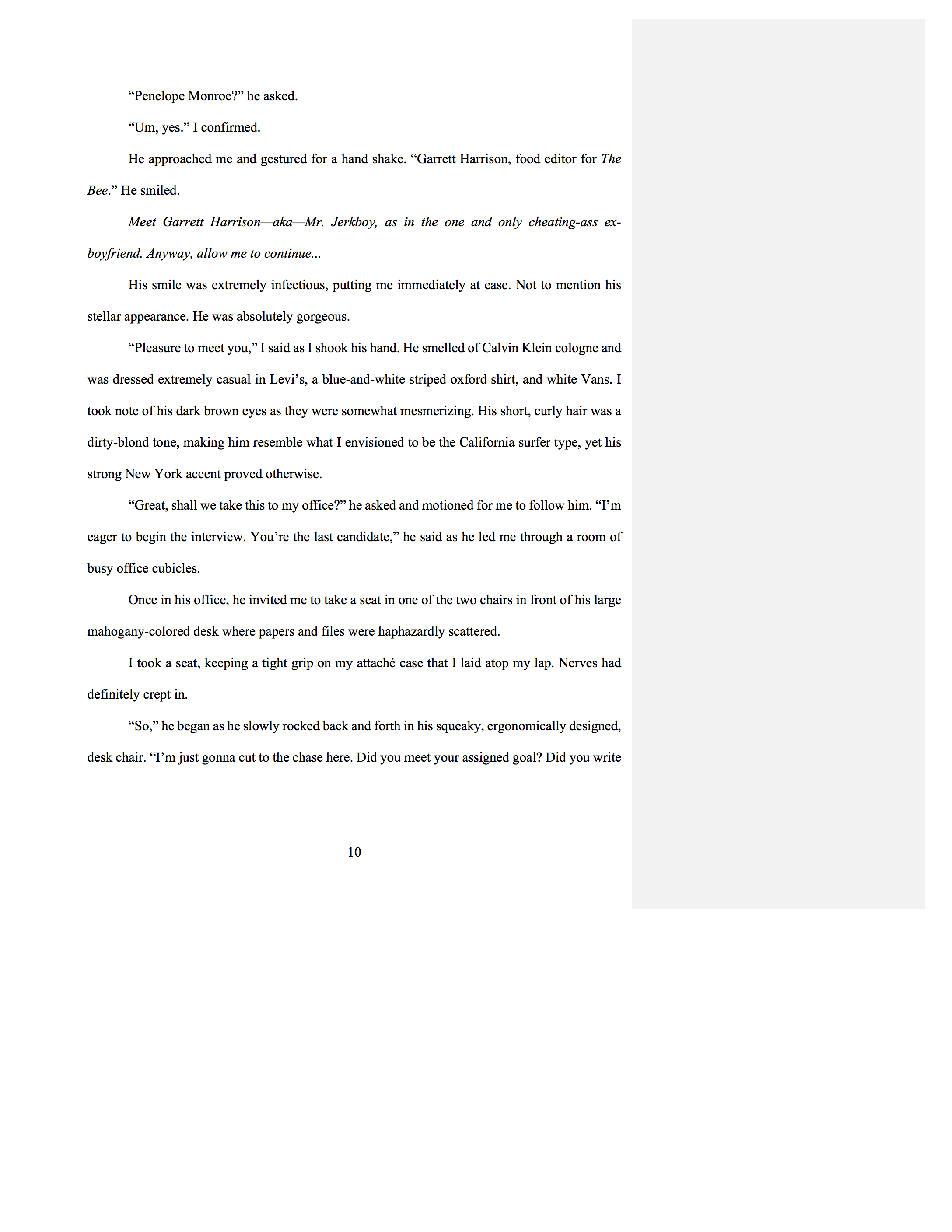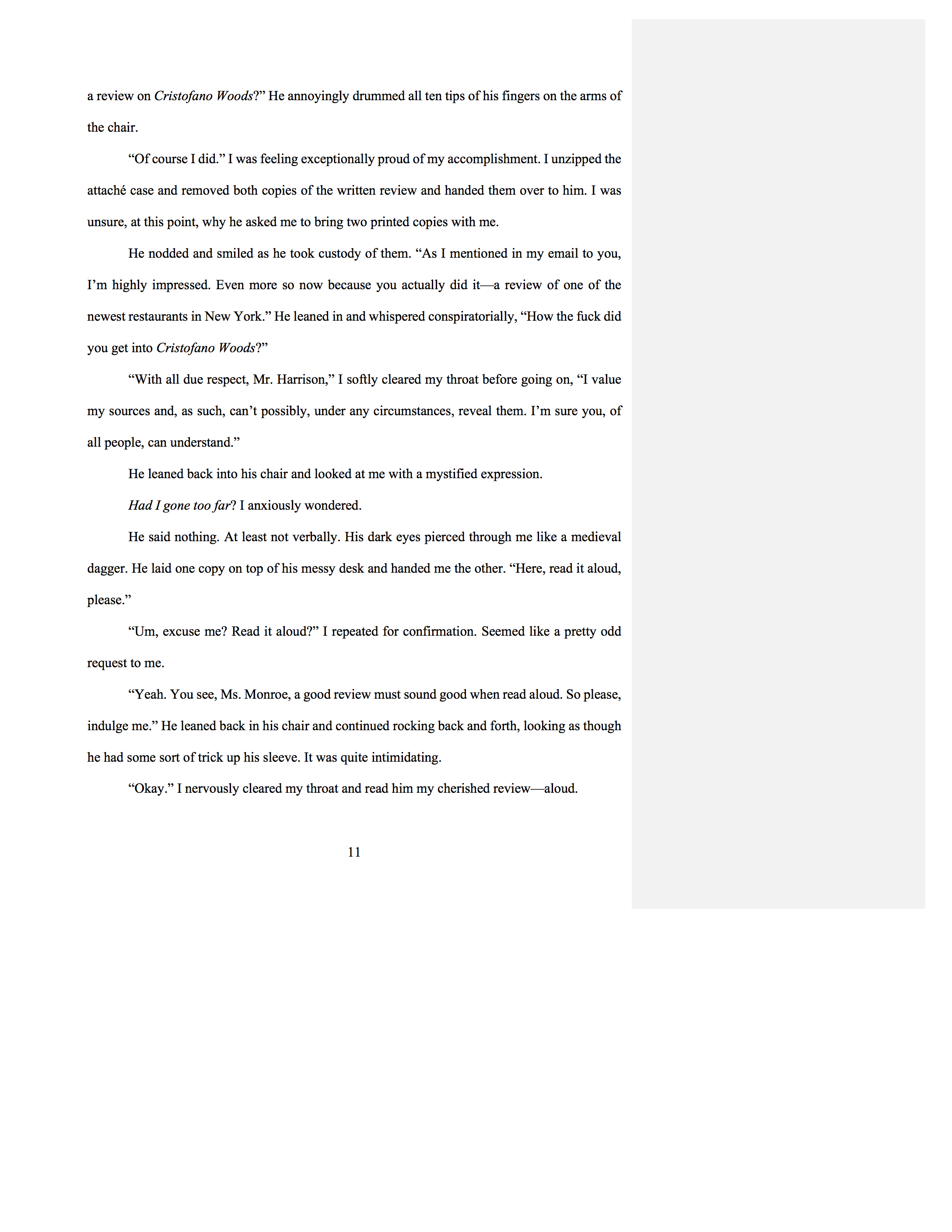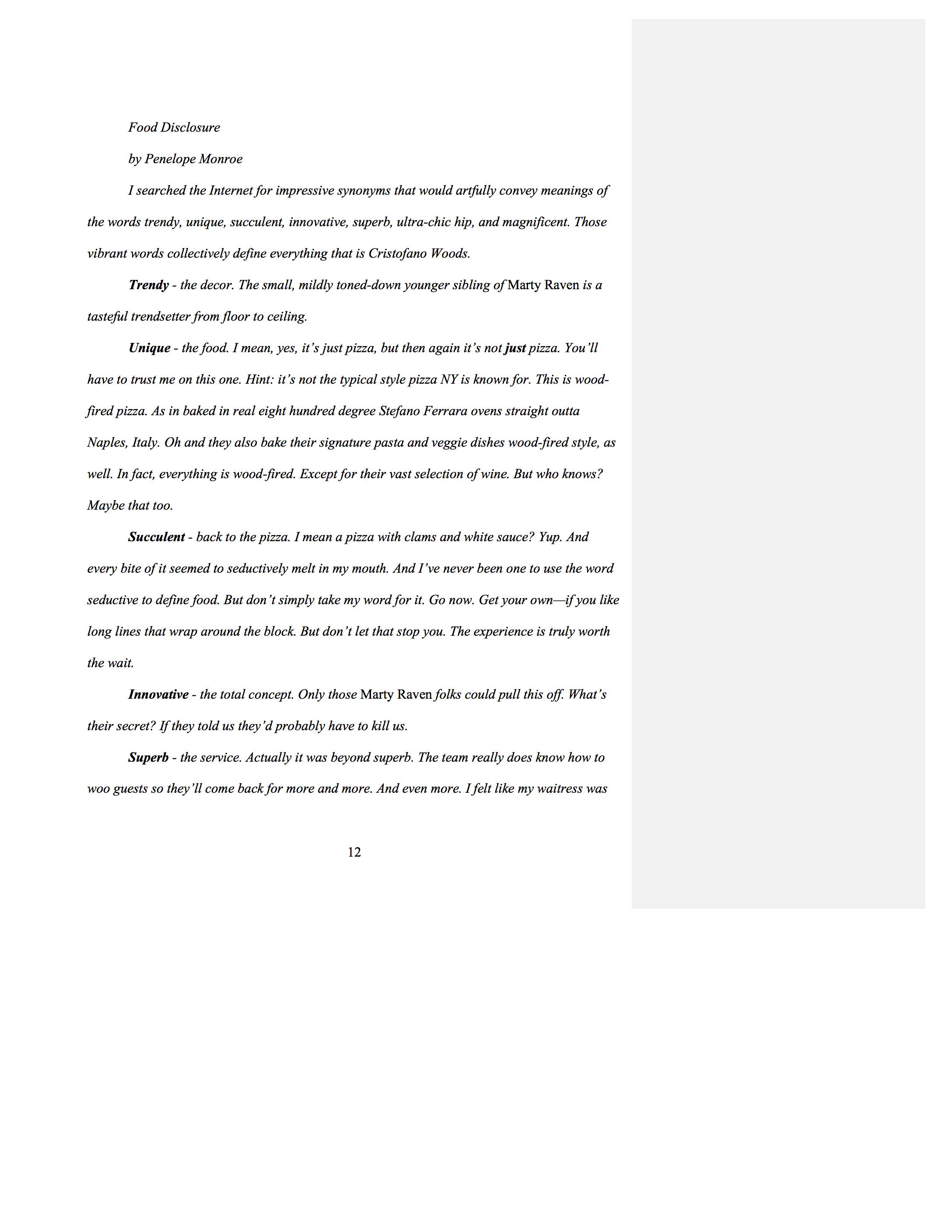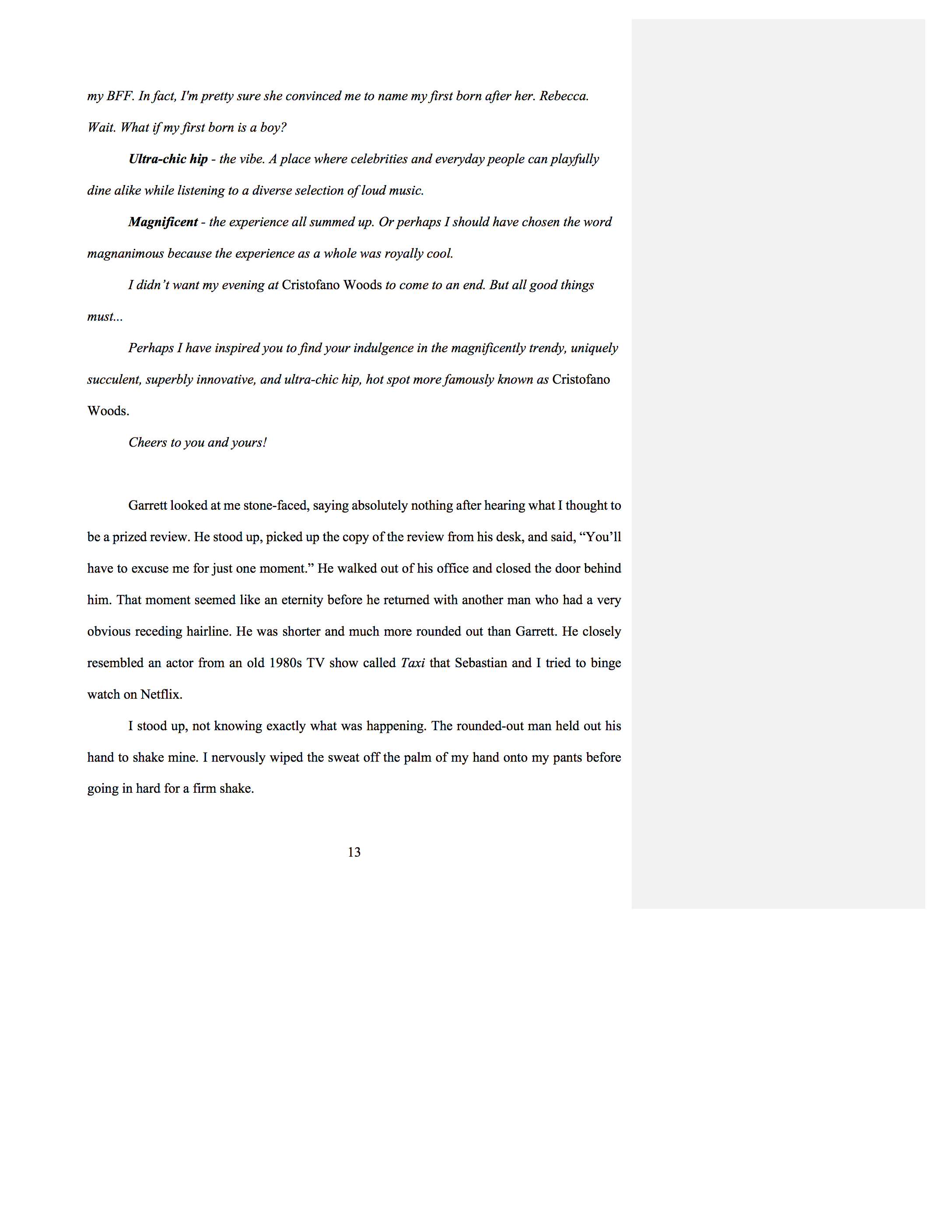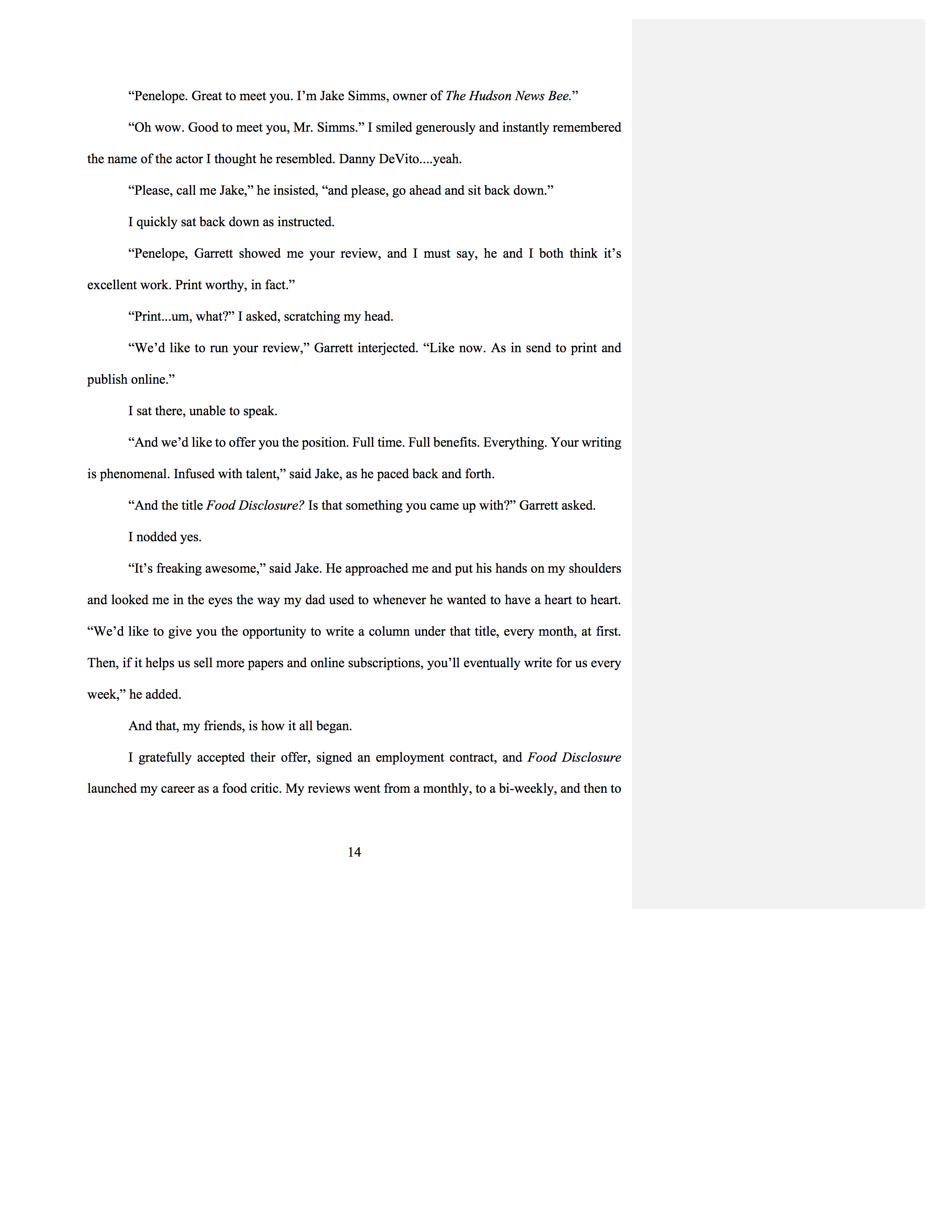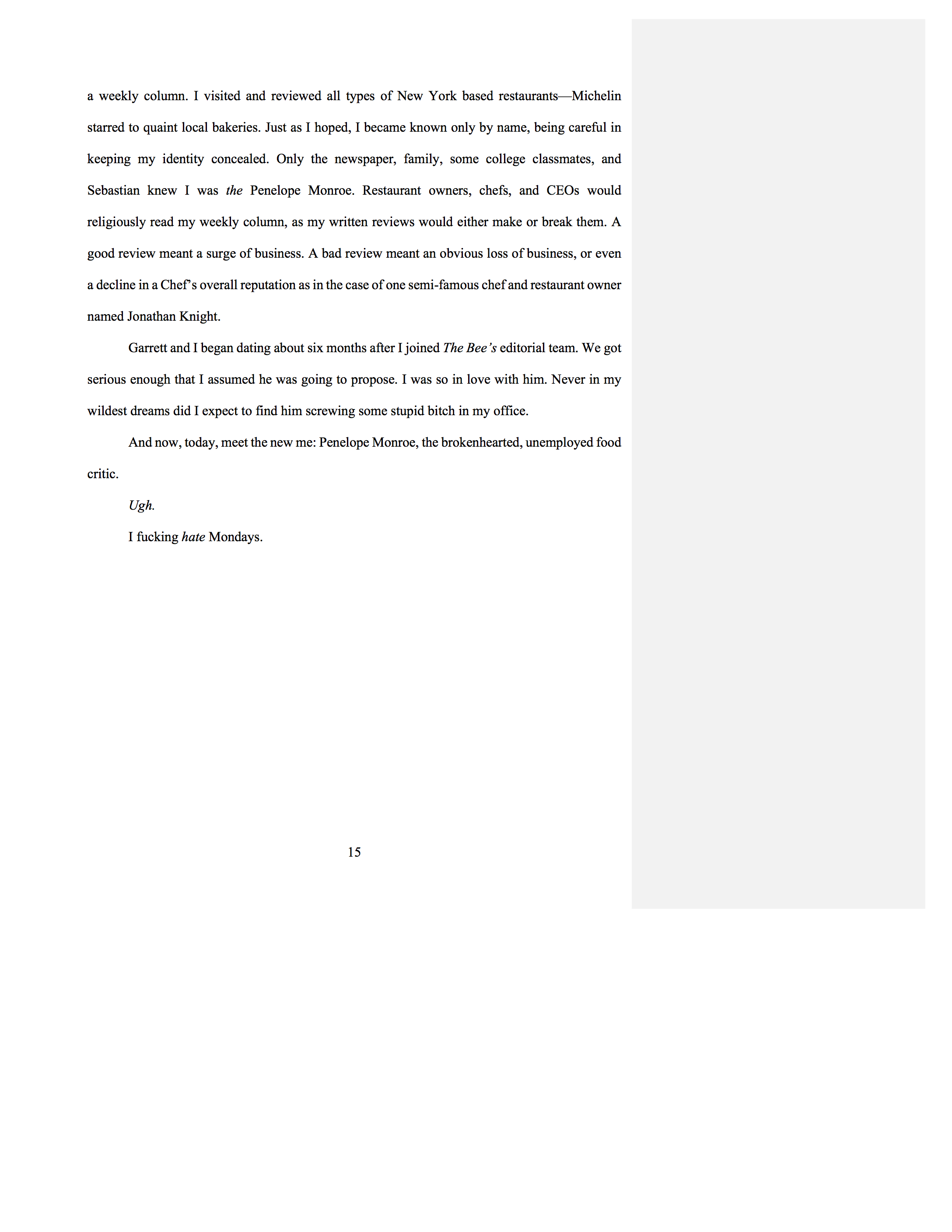In this episode, fiction editors Leslie and Clark critique the first chapter of The Fifty-Two Week Chronicles, a chick lit/romantic comedy novel by Joslyn Westbrook. They discuss flashbacks, getting specific, and obtaining feedback when you write about characters and situations that are different from your own. This week’s editorial mission will help you decide if flashbacks are right for your story and how to employ them effectively.
Listen to the Writership Podcast
This episode contains strong adult language.
Wise Words on Flashbacks
“A writer always pays a price for flashbacks. Any flashback, no matter how well written or interesting, will distance your reader from the action. This is because flashbacks shatter the illusion that the reader is a fly on the wall, witnessing events as they happen, right now. The flashback is not happening right now—it is, by definition, already over. Are you more thrilled by a kiss you experience today or one you remember from a year ago? Flashbacks are not as immediate as story time. Even so, the flashback can be a good choice for a second scene if you gain more in depth and clarity than you lose in immediacy.”
Mentioned in the Show
If you want to follow Penelope’s adventures, you can grab a copy of The Fifty-Two Week Chronicles here.
Emma Darwin has a great post on flashbacks here.
This post contains information about hiring sensitivity readers and a great source for finding them.
Find out about our NEW book club here!
Check out Clark’s 90 Day Healthy Author Challenge here.
Editorial Mission—Flashback to the Future
Flashbacks, like other narrative choices, come with advantages and disadvantages. You’ll best serve your story by understanding what those are and making an intentional choice, in this case, to weigh the depth, clarity, and emotional power against the loss of immediacy and interruption of the story.
Flashbacks are great because you can convey information in a more immediate way with more emotion than can generally be conveyed by summary/telling alone. The problem is that these events are outside the main story and have already happened, so the only way they have impact is by way of revelation or reflection.
If you have a flashback in a story you’re revising, consider why you’re using it. Are you worried about writing a full-fledged scene or weaving the details into the narrative? If not, check your scene using the questions below to see if it works. If you’re considering a flashback, you can check your motives and use the same questions.
Does your flashback follow a strong scene?
Is it related to the scene it follows (or the one in which it arises)? What is immediately relevant and necessary to the story?
Is there a logical trigger in present story time that would naturally lead the character to think about the past?
Are time and place clear? Have you provided a smooth transition from the present to the past and back again?
Does it add something to the story that can’t be added in another way?
Have you focused on a discrete event that supports the story arc?
Editing Advice to Our Author
Dear Joslyn,
Thanks so much for your submission! Penelope is a witty and entertaining character with a strong voice and personality. I can tell from the opening that the reader will be in for plenty of fun shenanigans.
Your opening gave us a great opportunity to talk about flashbacks. They are a great tool because they provide an emotional punch and immediacy that you don’t get from a summary or telling of past events. But flashbacks are not without their downsides, and it’s important know our intentions and when best to use them.
Of course, it’s important to begin your story with a strong hook, which you have here—your story starts with a bang! The drawback is that it seems to require extensive explanation of events outside of Penelope’s main story arc. We get the most from a flashback when they follow a powerful scene in the main story. This makes me wonder if there is another spot on Penelope’s timeline to begin the story that avoids your having to share so much backstory right away.
I didn’t have to look very far to find a scene that could kick this story off in a big way in the present: walking in on her boyfriend in flagrante delicto. That is a powerful scene that would support a trip back in time. The current story begins sometime later in the same day, so it’s not a big change. This scene warrants a sentence or two in summary (rather than in scene) within the current opening chapter (more may be revealed later, of course), and I think you could use this event to your advantage.
This makes me wonder why an author might want to avoid that scene. Scott Edelstein in his book 30 Steps to Becoming a Writer thinks that authors sometimes use flashbacks to avoid tackling big scenes. I’m not saying this is what’s happened here, but it’s something to consider. The most detailed portions of the flashback deal with Penelope getting the job, and I wonder if this is the most relevant backstory for the start of the beginning hook. Based on what's in front of us, it seems like the breakup is what throws her life into chaos.
Another reason we might use flashback, according to Emma Darwin, in her post referenced in the show notes is that we’re worried about weaving the backstory into current events. I don’t know if that’s the case, but again, it’s worth looking at. It can seem easier to write about past events and present events separately, but often the story flows more smoothly and the reader has a richer experience when it’s woven together. It’s the same with fantasy or science fiction stories when it feels vital to give the reader information about a world that is different from our own all at once.
For flashbacks, we should always consider whether the reader needs to know this information and whether it needs to be right away. Does it reveal stakes, motive, context? It’s useful to review this in the context of the entire story. It’s good to remember that open questions are powerful fuel to pull the reader forward, so even if it turns out that the flashback is the best way to reveal this information, we might not want to reveal everything all at once.
Finally, flashbacks tend to work best when they are short interludes. With a lengthy flashback, we lose the immediacy of the main story, which is interrupted. The main event is on hold, and any tension we’ve built up could drain quickly. If that happens often, it can produce a jarring effect for the reader.
This is a lot to consider for a book that you’ve already published. I would read these comments and suggestions as food for thought and things to consider for the next story you write. You could make changes to this one, but please realize that you already have a powerful opening for your story that pulls the reader into the narrative.
Thank you for trusting us with your words!
All the best,
Leslie
Line Edits for Our Romantic Comedy Story
Image courtesy of Flynt/bigstockphoto.com.


